My kids are getting older. In fact, not only are they both adults, but they're both married. Father's Day looks a little different than it used to.
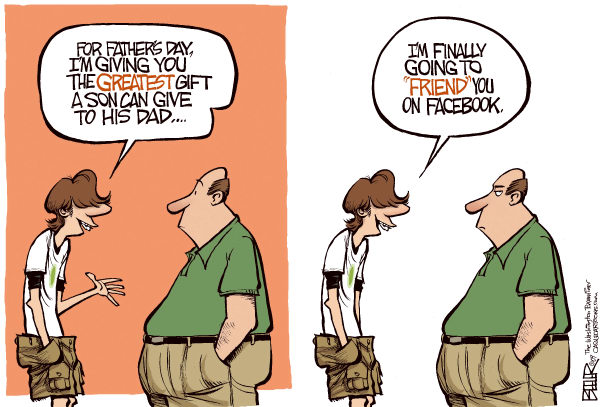
As I look back, I realize that there was an investment I made that paid off in a big way, and I want to share it with you.
Like many parents, I wanted to teach my children that, to a large extent, they control what happens to them. One of the first ways I did that was to set up a "compensation system" for them to earn video games.
Some parents try to limit the amount of time their kids spend watching TV or playing video games. I tried something different. Instead, my kids earned their games by reading books. Here is a photo from way back then.
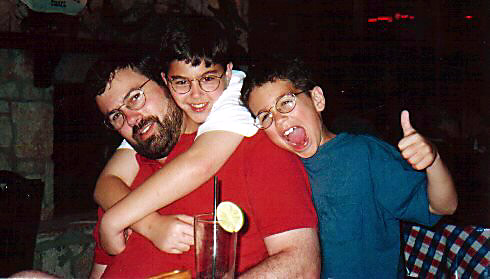
Paid With Play.
Here's how it worked. When they were younger, 10 books were enough to earn a small game. When they finished a book, it was their right, and my obligation, to take them to the bookstore for us to pick up the next book together. Likewise, when they finished the requisite number of books, it was their right, and my obligation, to take them to the computer store or game store for them to choose any game they wanted.
When they finished a hundred books, they got a bonus of earning the next game system. That meant if they had a Nintendo, they could now also get a PlayStation 3 or Xbox 360.
How Can You Encourage a Jump to the Next Level?
There came a point when I wanted one of my sons to start reading grown-up books. He was comfortable reading a certain type of book, and didn't want to read the kind of books that I read. So, I created a bonus system that counted a particular book as three books. I didn't force him; I just let the easier path to a reward "whisper" in his ear what to read. Once he finished that, he never went back to teen fiction.
It Is a Great Way to Learn About Your Kids.
I also used the bookstore visits to gauge how the boys were doing. For example, I might say, "I notice that you read five books in that series, maybe you'd like this book". Or, "That sure is a lot of science fiction; what was the last biography you read?" For the most part, though, I didn't care what they read. The key was to get them to want to choose certain books for their own reasons. Ultimately, their preference meant they were learning to love reading.
It Puts Them In Control of Their Destiny and Rewards.
My younger son likes competition. He also broke or misplaced many things. So, to earn back the Game Boy unit he lost, I challenged him to read five books in five days. These weren't easy books either. It was designed to stretch him, and also to teach him that he could read a book a night. The bet was that he either finished all the books in the allocated time, or none of them counted towards games or Game Boys. On the other hand, if he read a book a night for two weeks, not only would he get his Game Boy back, but the books would also count towards a game. It worked like a charm, and we were both happy.
So, Who Got the Better Bargain?
As they started to get into their teenage years, I needed to up the ante a little. So, 500 books meant they got a laptop of their choice. Both boys cashed in, and probably felt like they were taking advantage of their dad.
I got what I wanted, though; both my boys love reading, and know that they can accomplish anything they put their minds to … one step at a time.
Here is a recent picture of us. All of us love reading ... and none of us needs diapers.
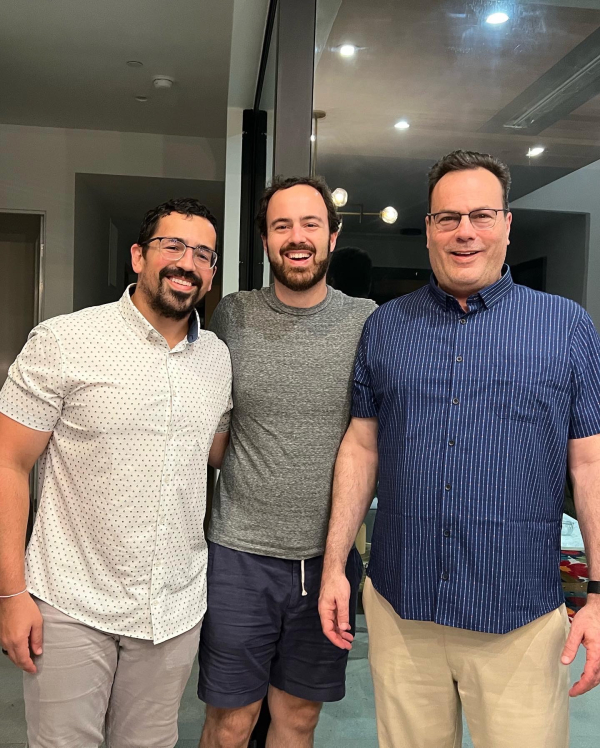
Speaking of diapers, I've leveled up to become a grandfather. Watching my oldest become a father is the ultimate dividend.
I still remember my father joking with me to be careful of what I said about him, because I would have kids who would do the same to me.
Watching my granddaughter grow, explore, and enjoy the world is an incredible blessing.
Plus, I know Karma is a Bitch. ... wait till she starts using everything she's learned against him.
It is part of the cycle of life ... just like diapers.
via Anna Vital
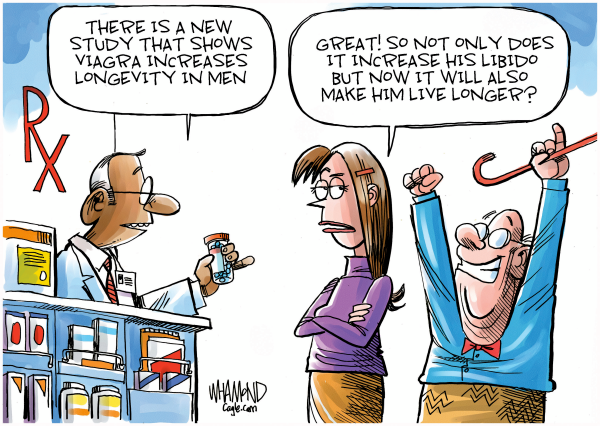

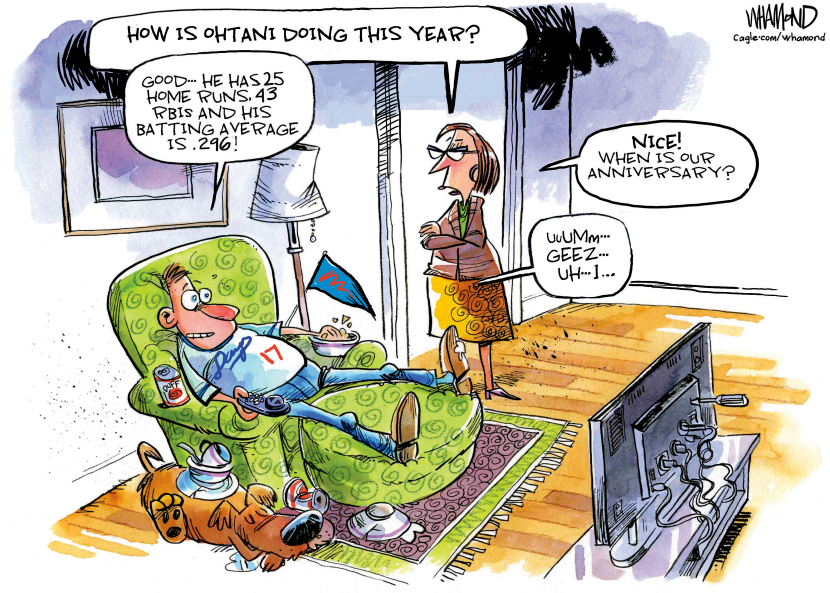


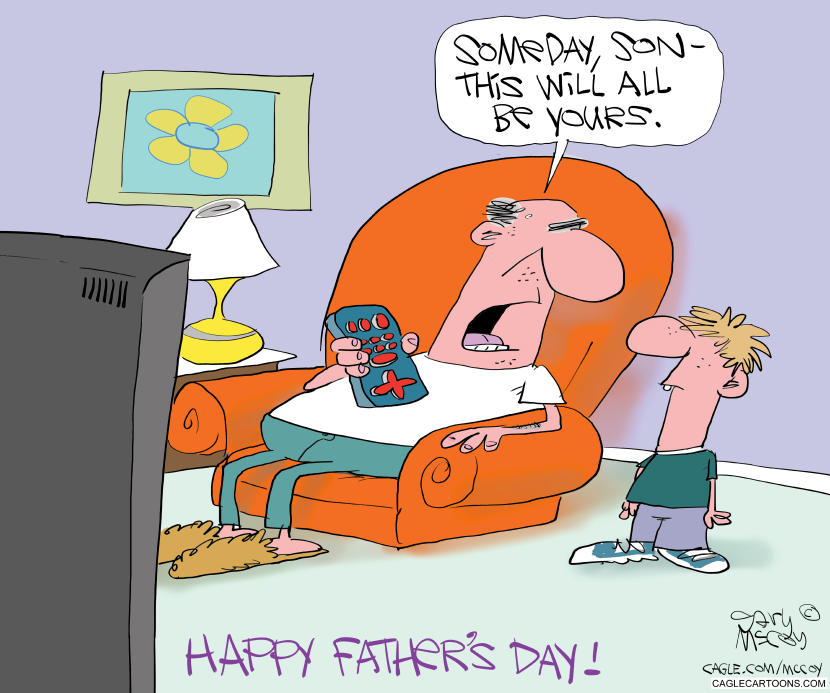
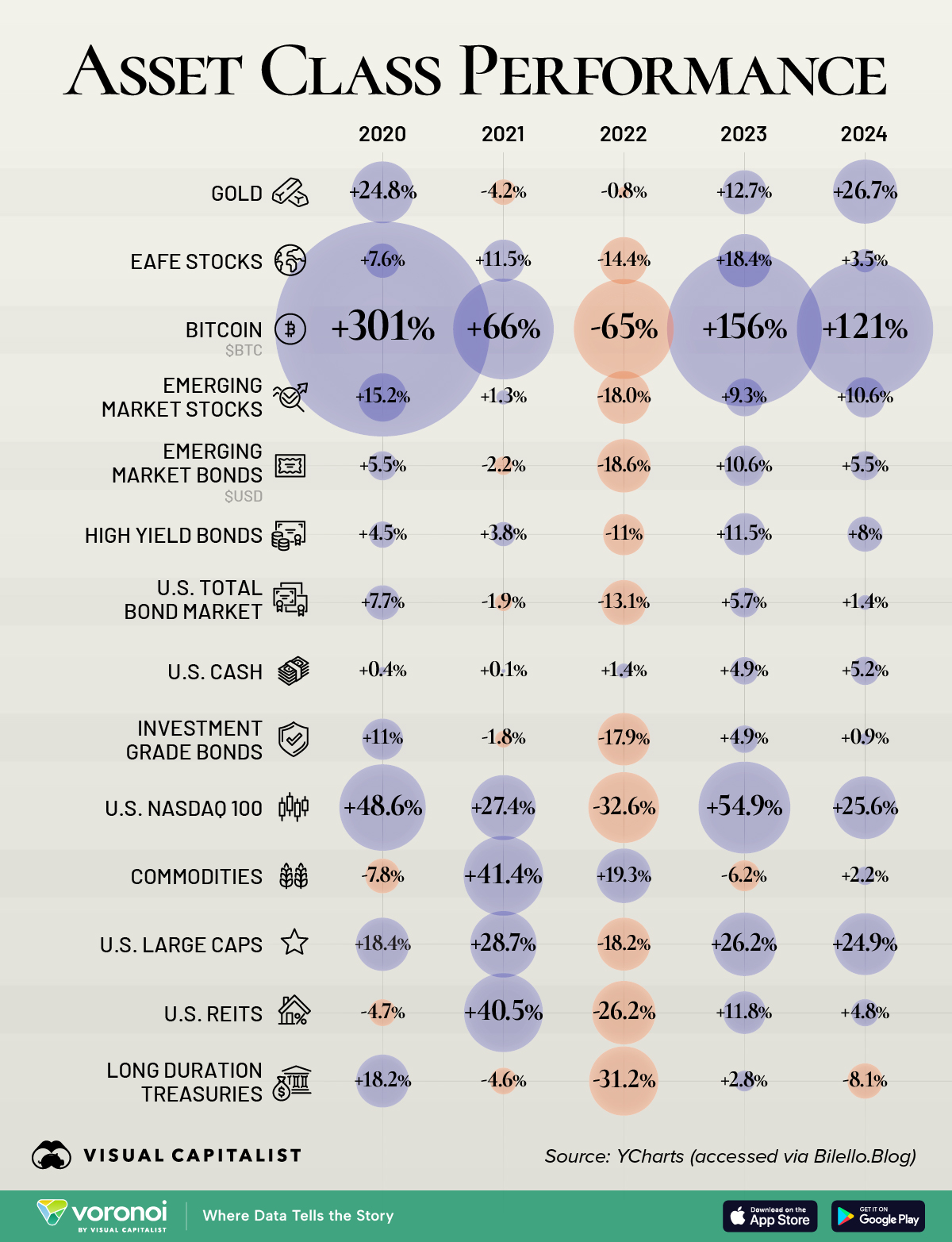

What My Recent Surgery Reminded Me About Technology.
One of my recurring messages is to focus on what you want, rather than what you don’t want.
Likewise, I believe the best way to get through challenging periods is to focus on your resources or progress.
Anyway, two weeks ago, I had a minor surgery.
Let’s face it, very few people “want” to have surgery (even small ones) ... and, for those that do, it’s a sign that something else is bothering them even more.
As much as it sucked, I have a lot to be grateful for. The practical realities of time, technology, and progress made the procedure and the recovery process easier than at any point in our species’ history.
Procedures that used to mean multiple days in a hospital bed have you home in under 24 hours.
It brought back memories of my knee surgery from 12 years ago... and reminded me of what technology makes possible.
Before my knee surgery, I wasn’t enjoying the prospect of the needles, the knock-out drugs, the cutting, or the recovery process. Frankly, I was scared.
History is littered with tales of once-rare resources that have become plentiful through innovation. The reason is pretty straightforward: scarcity is often context-dependent.
Imagine a giant orange tree packed with fruit. If you pluck all the oranges from the lower branches, you are effectively out of accessible fruit. From that limited perspective, oranges are now scarce. But once someone invents a piece of technology called a ladder, the problem is solved.
Here is a picture from inside my knee (unlike years ago, they didn’t have to slice me open to gain access for the picture or the repair): less damage, less time, less drugs, less recovery.
Bottom-Line: I walked over 2,500 steps the day after the surgery.
Think how far diagnostics and surgery have come since then?
Whether it is 3D imaging, minimally invasive surgical instruments, or linking big data and elastic computing, technology is a resource-liberating mechanism. It can make the ‘once scarce’ the ‘now abundant’ (or ‘readily accessible’) ... and a lot less painful.
From ‘Doctor Klingon’ to Clarity — and What That Means for You
But where are we today – and how was surgery different?
It sounds like a joke, but the future of medicine is in your pocket.
One of the biggest differences for me was having AI available to help me feel informed throughout the process. From the beginning, where I wanted to understand the issue and potential solutions, to having AI available on my phone in the recovery room. For example, while waiting for the doctor to tell me “how things went,” I downloaded the surgical notes from the hospital portal, only to find that they were written in “doctor speak” Klingon. So I opened Perplexity in incognito mode and asked it to interpret the notes, and explain everything to me as if I had minimal medical knowledge but still wanted to understand what happened and what I should expect. The result was incredibly comforting, and I was able to use that to send updates to family and friends.
Meanwhile, try to imagine the extensive technology used by doctors and medical staff throughout the process to test, analyze, interpret, monitor, and treat.
Soon, we’ll be able to utilize real-time data for diagnostics and design treatment plans and preventive care tailored to an individual’s unique biology and lifestyle. As a result, personalized, predictive healthcare will become the norm. Likewise, the idea of tailoring treatment to your unique biology will be expected, not exceptional.
It’s also easier than ever to imagine the shift from reactive to preventive medicine. Surgery will become less frequent as AI and wearables catch problems before they require intervention. Likewise,. That means better care and better outcomes - at scale!
Pretty cool!
Posted at 05:44 PM in Business, Current Affairs, Gadgets, Healthy Lifestyle, Ideas, Market Commentary, Science, Web/Tech | Permalink | Comments (0)
Reblog (0)